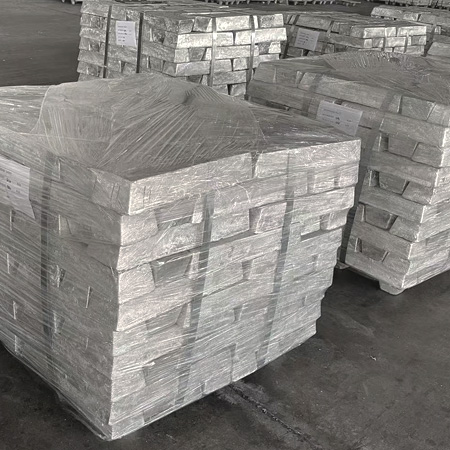The magnesium industry is an important industry in the manufacturing industry and an irreplaceable strategic location for national economic security. Magnesium has a wide range of uses, from construction, transportation to energy, aerospace, and a complete industry chain. From upstream magnesium ore mining to midstream magnesium ingot smelting, and then to downstream magnesium alloys processing, the magnesium industry chain creats a large number of employment opportunities and huge economic value. However, the traditional Mg industry has high energy consumption, high pollution, mature production technology, and limited innovation space. Exiting the magnesium industry will bring employment problems and affect social stability.
The Strategic Importance of Magnesium Industry
Technological innovation and transformation are the key to solving the traditional characteristics of the magnesium industry. We can adopt advanced smelting technology, improving resource utilization efficiency, and developing high-performance alloy materials. So as to achieve the goal of green and high-quality development. China is the largest producer of magnesium industry, with magnesium ingot production accounting for more than 90% of the world. It makes huge contribution to the international trade. Magnesium metal has the characteristics of being recyclable. Improving the recycling rate and developing a circular economy are of great significance to alleviating resource pressure. Meanwhile, it can reduce environmental pollution, improve economic and social benefits, and promoting sustainable development of the industry.
Sustainable Future of the Mg Industry
With the advancement of science and technology, especially the integration of artificial intelligence, the application scope of materials informatics in the non-ferrous metals industry continues to expand. Materials information technology helps optimize material design, predict performance, and shorten the R&D cycle. It has been proven that it can significantly improve R&D efficiency and quality in industries such as Magnesium metal, Silicon Metal, and Aluminum Alloy.

Specifically, the application scope of materials informatics covers the entire industrial chain from precise raw material exploration, intelligent smelting and processing control to product performance optimization. In the raw material mining stage, it can analyze geological data and improve the accuracy of mineral exploration. In the smelting and processing stage, intelligent control systems can achieve precise control of the production process, improve product quality, and reduce costs.
All in all, the magnesium industry occupies an important position in traditional industries. Driven by scientific and technological progress, it presents a pattern of green, intelligent, and sustainable development. It is a typical case of the integration of materials science and information technology.
